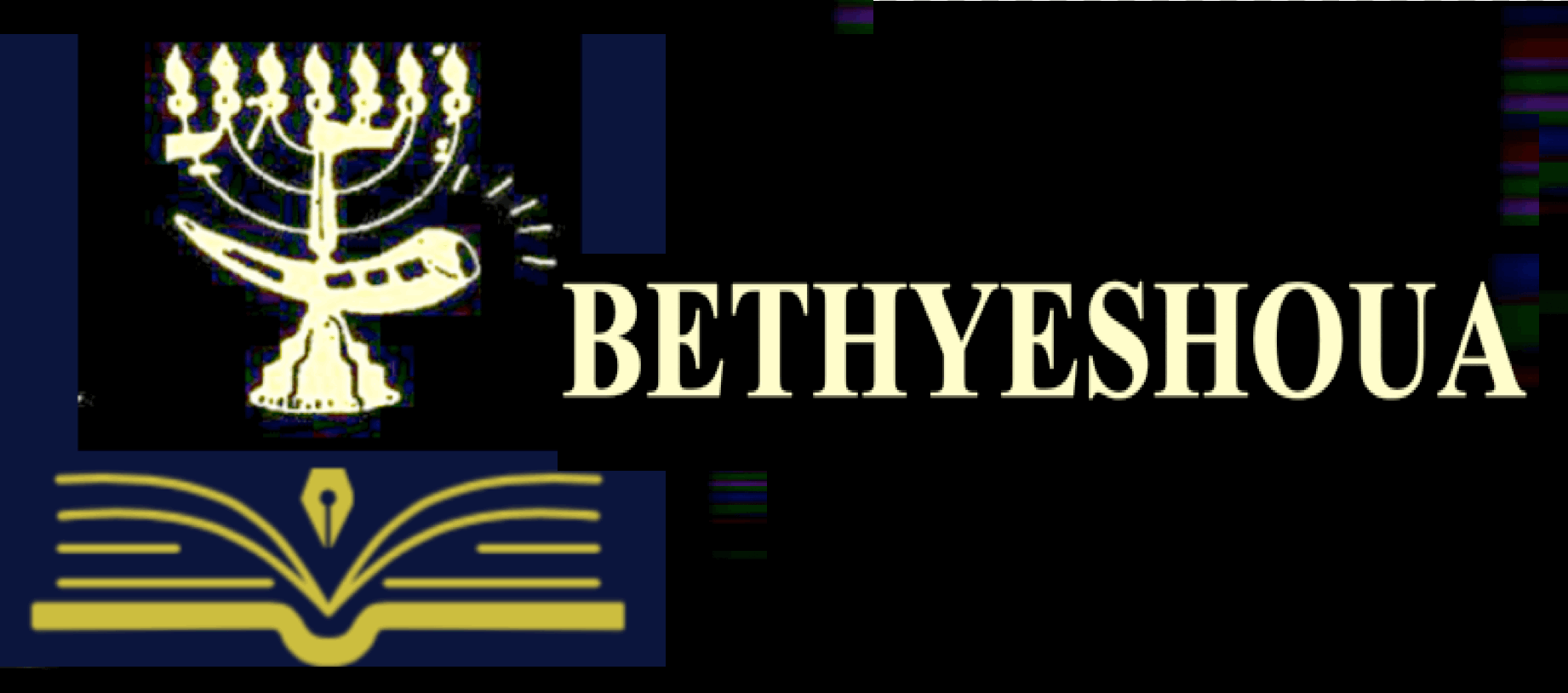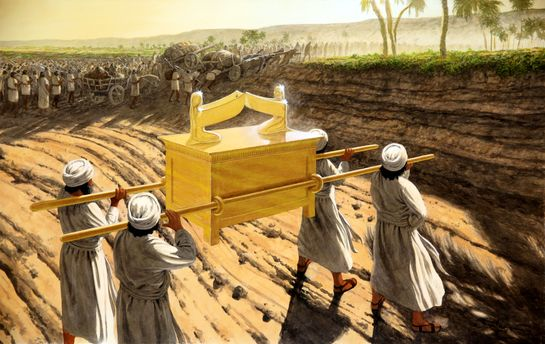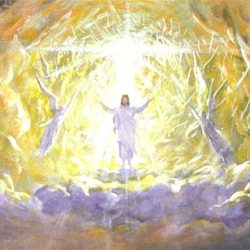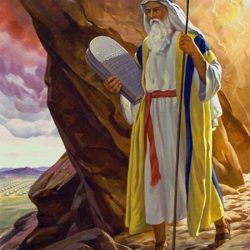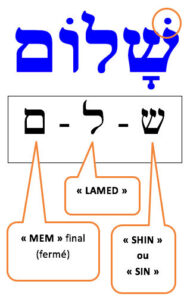
Huckabee menace de déclarer Israël hostile aux chrétiens alors que le conflit concernant les visas s’intensifie
Comme l’annoncent les prophéties, Israël va bientôt se retrouver tout seul isolé du reste du monde. Tant que les USA restent les amis du peuple élu, les prophéties ne s’accomplissent pas entièrement. Selon un certain point de vue d’une branche de l’extrémisme religieux radical juif orthodoxe, les « missionnaires chrétiens » sont plus dangereux que les terroristes islamiques qui tuent le corps. Selon leurs dires, les « missionnaires » veulent tuer l’âme juive. L’ambassadeur américain en Israël, Mike Huckabee, a lancé un avertissement sévère aux autorités israéliennes, menaçant de déclarer publiquement
